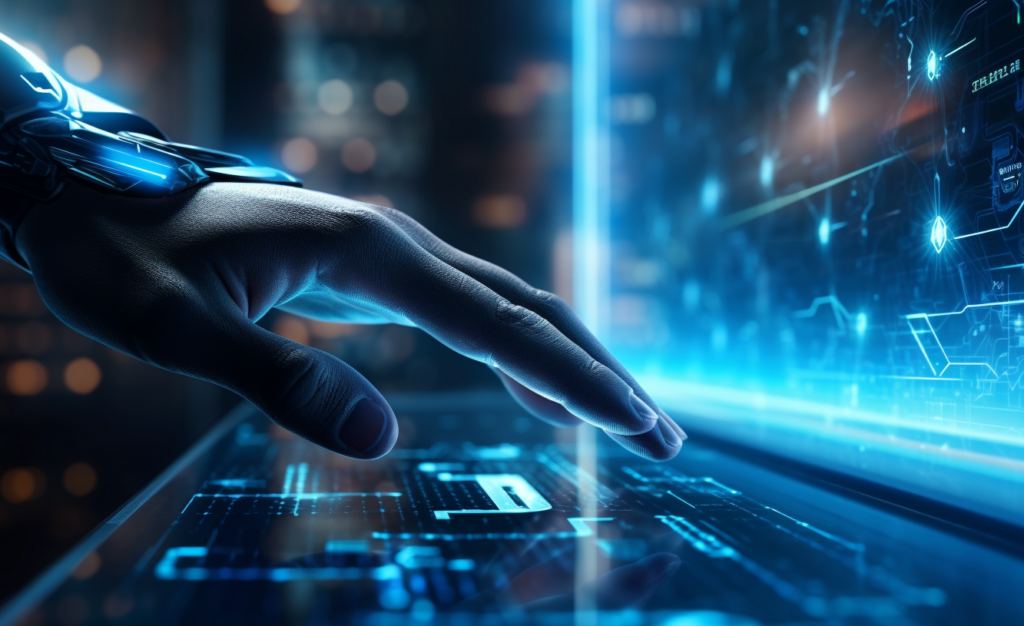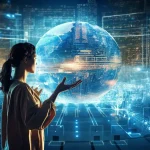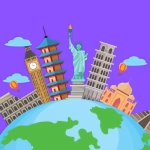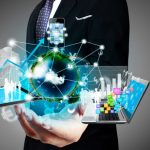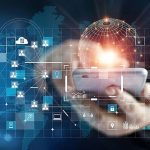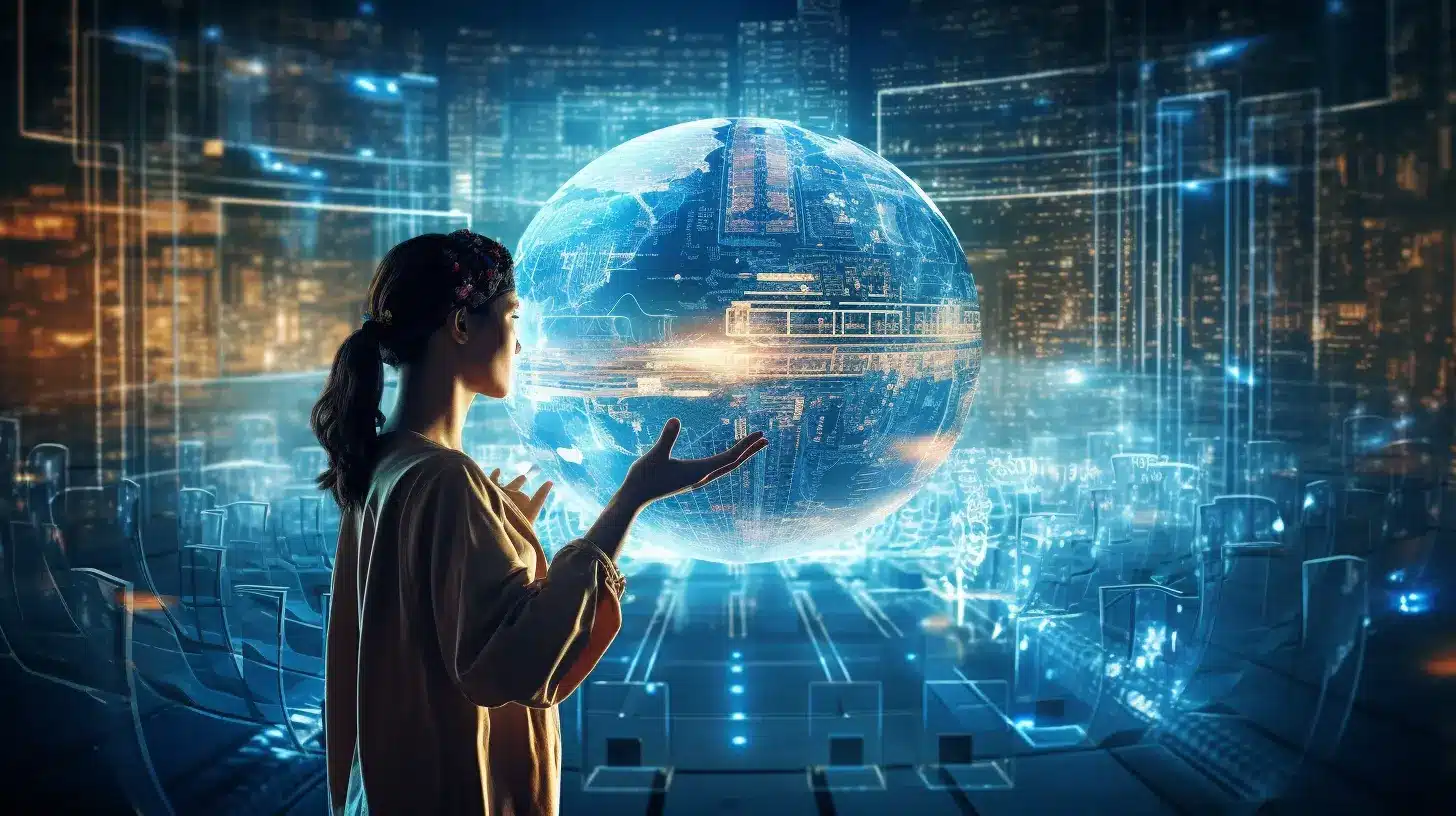Introduction
The world today is experiencing an unprecedented merger of technology, politics, and celebrity culture. These three forces, once separate in purpose, now intertwine to define influence, shape ideologies, and direct the global narrative.
In an age where a social media post can shake markets, an algorithm can sway elections, and a celebrity’s statement can inspire global movements, power itself has transformed. The true leaders of the modern era are those who can command both digital reach and public trust, crafting influence that extends far beyond borders.
Technology as the New Form of Authority
Once confined to innovation and convenience, technology has evolved into the backbone of modern authority. Governments now depend on artificial intelligence, blockchain, and data analytics to manage everything from healthcare to national security. However, this dependence has sparked ethical dilemmas over privacy and digital control. Massive databases store citizen information, and predictive algorithms influence law enforcement and political campaigns.
Critics warn that while technology streamlines governance, it also risks creating a digital surveillance state. As AI continues to evolve, global leaders face the delicate challenge of balancing innovation with human rights and democratic accountability.
Celebrities and the Rise of Cultural Politics
In the digital era, celebrities have become political voices and social architects. From Hollywood stars championing climate action to sports icons speaking out against injustice, fame now carries moral weight. Figures like Leonardo DiCaprio, Angelina Jolie, and BTS are leveraging their influence to advocate for environmental protection, humanitarian aid, and mental health awareness. Their reach transcends traditional media, mobilizing millions of young followers.
Yet, this cultural activism also invites criticism. Some argue that celebrity involvement oversimplifies complex issues or transforms social causes into trends. Still, their ability to ignite discussion in an increasingly distracted world remains invaluable.
Global Politics in a Digitally Connected Era
Technology has reshaped diplomacy and global relations. Governments use social media for real-time communication, while misinformation campaigns and cyber espionage alter the balance of power. The conflict between digital freedom and national security has become the defining debate of the 21st century.
Nations are investing heavily in cybersecurity to protect economies and infrastructure, while international organizations push for digital governance frameworks. In this new order, wars are fought not only with weapons but also with information, algorithms, and networks. The result is a geopolitical landscape more unpredictable and interconnected than ever before.
Tech Giants and Economic Power Realignment
The global economy is now steered by technology companies whose influence rivals that of entire nations. Giants like Apple, Google, and Microsoft dictate the flow of information, while social media platforms shape social consciousness. The world’s richest individuals are no longer oil magnates or industrialists but innovators—Elon Musk, Jeff Bezos, and Mark Zuckerberg—who control data, connectivity, and digital communication.
Their innovations have accelerated globalization, but also widened economic inequality. As automation replaces jobs and AI takes over creative industries, societies must reimagine work, value, and economic fairness in the digital era.
The Interplay of Fame and Technology
The symbiosis between celebrities and technology has given rise to a new kind of influence economy. Social platforms have blurred the lines between journalism, entertainment, and advocacy. Influencers can spark boycotts, drive trends, and amplify global causes within minutes. Streaming services, virtual concerts, and AI-generated content have redefined how audiences engage with fame.
This shift empowers individuals but also challenges authenticity. In a world where viral fame can be manufactured overnight, maintaining integrity and emotional resilience has become the real test of celebrity culture.
Environmental Responsibility and Tech-Driven Solutions
Climate change has emerged as a unifying global concern, with both celebrities and tech innovators leading the conversation. Electric vehicles, smart grids, and renewable technologies are being promoted not only as economic solutions but as moral imperatives. Public figures like Greta Thunberg and business leaders like Bill Gates have transformed sustainability from a niche discussion into mainstream policy.
Political leaders are being pressured to adopt green strategies, as the public becomes more aware of environmental impact. Technology is now seen not only as the cause of industrial problems but also as the most powerful tool to heal them.
Media Manipulation and Digital Ethics
With billions of people consuming news online, truth itself has become vulnerable. Deepfakes, misinformation, and AI-generated propaganda threaten public perception and political stability. Celebrities fall victim to digital manipulation, and politicians use these same tools to shape narratives. The rise of fake news has shown that technology’s neutrality depends entirely on human intent.
Media literacy, transparency, and accountability are essential to restoring public trust. The struggle to control information is, ultimately, a struggle for power—and society must ensure it remains in responsible hands.
FAQs
How has social media changed political influence?
Social media allows politicians and activists to connect directly with citizens, bypassing traditional media filters and shaping public opinion faster than ever before.
Why do celebrities engage in political issues?
They use their visibility to bring attention to urgent causes, leveraging fame to amplify awareness, influence governments, and motivate grassroots action.
Are tech companies more powerful than governments?
In some respects, yes. Their control over data, communication platforms, and AI technology gives them enormous influence over public behavior and information flow.
How does digital misinformation affect democracy?
It undermines trust in institutions, polarizes societies, and distorts electoral outcomes, making the protection of truth a democratic priority.
Can technology help fight climate change?
Absolutely. Renewable energy, AI-driven climate modeling, and sustainable innovations are helping industries transition toward greener, more efficient practices.
Conclusion
The boundaries between technology, politics, and celebrity culture have dissolved, creating an ecosystem where influence is fluid and ever-expanding. Power no longer resides solely in governments or institutions but flows through social networks, digital platforms, and the minds of connected citizens. Innovation, fame, and authority now coexist in a shared global conversation, one that defines values, drives policies, and reshapes the human experience.
As we navigate this dynamic reality, the challenge lies in using influence for unity rather than division. Technology must empower rather than control, fame must inspire rather than exploit, and politics must adapt to a world that moves at digital speed. The future will belong to those who balance innovation with integrity, proving that progress is not only about advancement but also about responsibility.



